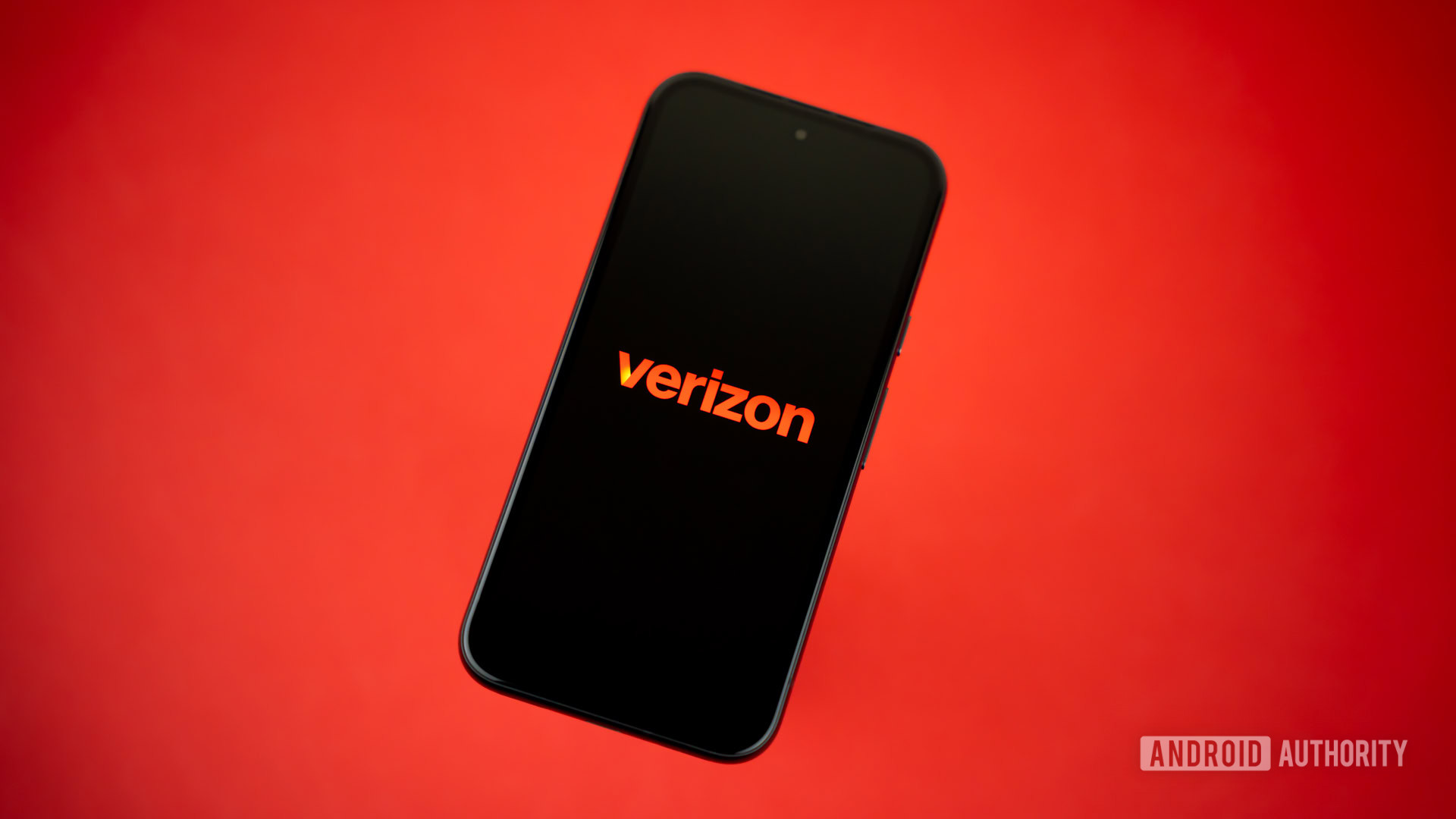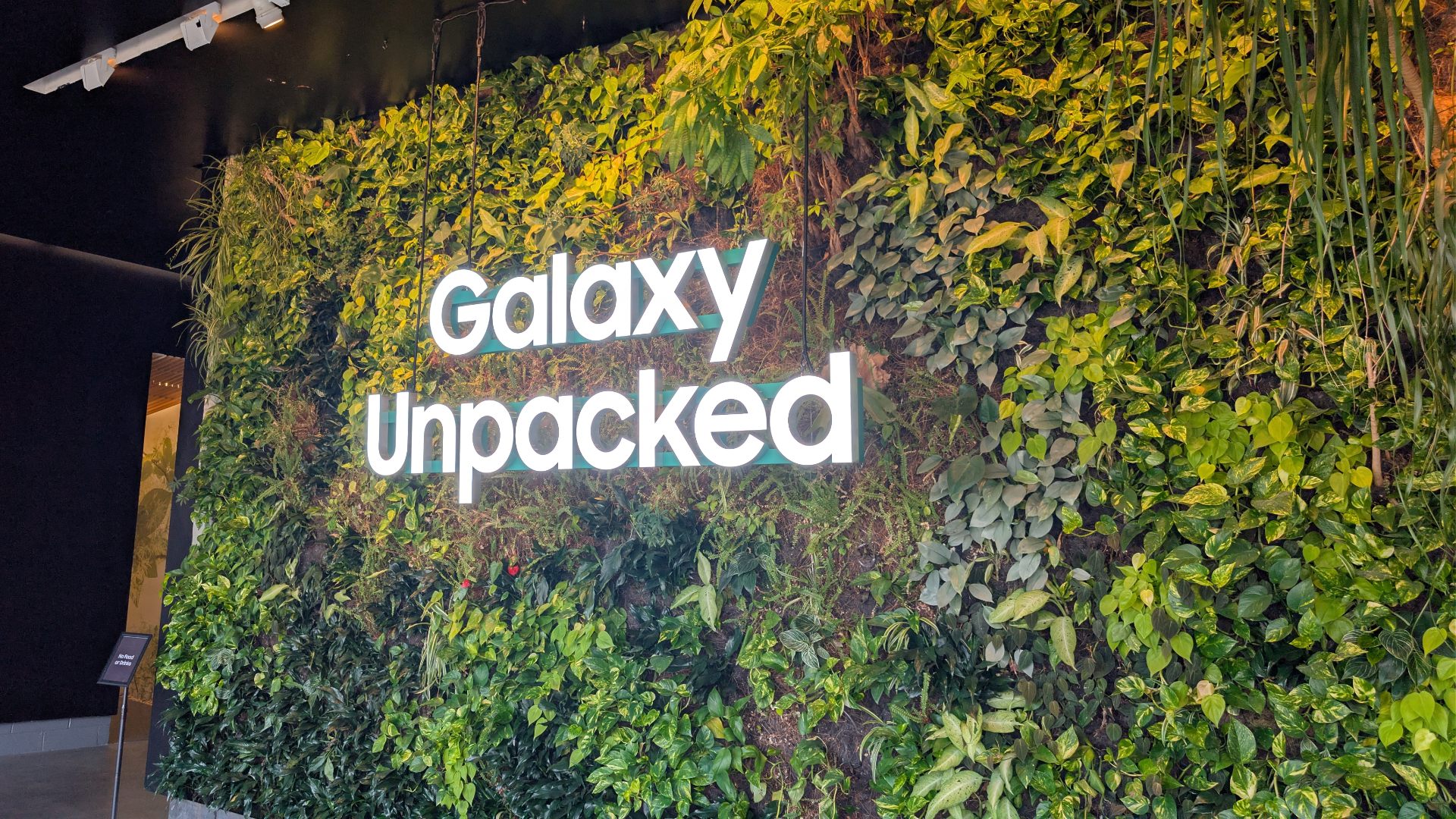Edgar Cervantes / Android Authority
Recently, I reported that AT&T, T-Mobile, and Verizon had all released their Q3 2025 financial results. Verizon’s rivals are doing well, but Big Red finds itself in a much less rosy position. While it did manage to add more than 40,000 new subscribers this quarter, those gains came entirely from its prepaid and business divisions. Its postpaid phone service actually lost 7,000 subscribers during this period.
With T-Mobile edging ever closer to surpassing Verizon’s total subscriber count, it’s clear big changes are needed if Verizon wants to turn this ship around. Verizon’s new CEO, Dan Schulman, insists the company is working hard to do just that, and that it will “no longer be the hunting ground for competitors looking to gain share”.
Can Verizon turn its ship around with its new CEO?
2 votes
The new man in charge of Verizon
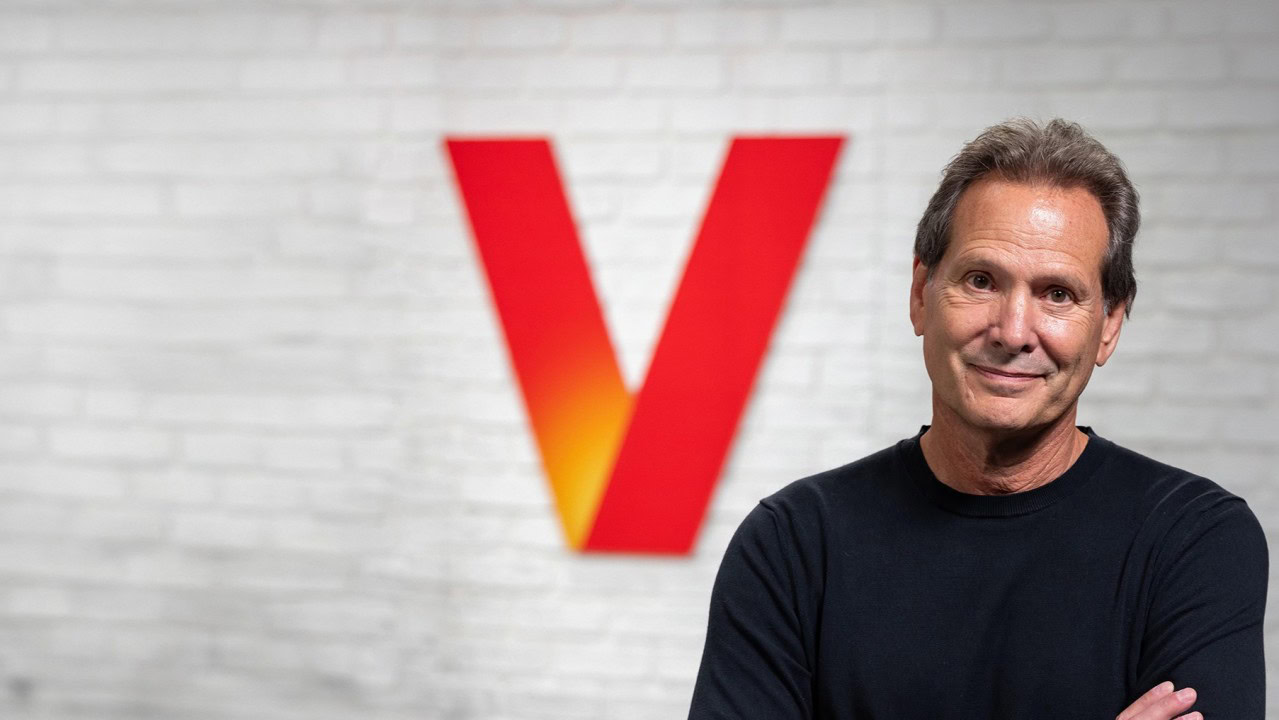
For those unaware, Verizon recently fired its previous CEO after several years of underperformance. At the time, little was said about the company’s future direction under Schulman. During the latest earnings call, he finally opened up about his plans and what he called a major “inflection point” for Verizon.
Schulman admitted that Verizon “relied too heavily on price increases” to sustain profits and that “raising rates without corresponding value rarely, if ever, delights customers.” He also described the company as needing a “full reboot” of its culture. The new CEO promised sweeping changes, not just incremental tweaks. He further stressed the need to keep customers happy and that Verizon is working to “delight” both its current and future customers. In fact, he went on to use the word delight fourteen times in the call.
Verizon’s new CEO promises big changes are coming, but that promotions and price cuts won’t be integral to the plan.
He also suggested Verizon will divest less profitable business segments to become a “simpler, leaner, and scrappier” organization focused squarely on customer satisfaction.
As a Verizon subscriber myself, one who’s halfway out the door as I finish paying off my devices, I’d love to see Schulman’s promised turnaround actually happen. But for now, his comments sound more like an effort to calm investors than a concrete plan. What would it really take to fix Verizon? That’s the million-dollar question.
Verizon isn’t revealing much yet, which makes sense; it doesn’t want to tip off competitors. Schulman did make it clear, however, that he’s not interested in relying on copycat promotional activity or price cuts to regain momentum. That leaves us wondering what moves Verizon has left to make.
What can Verizon do to turn things around?
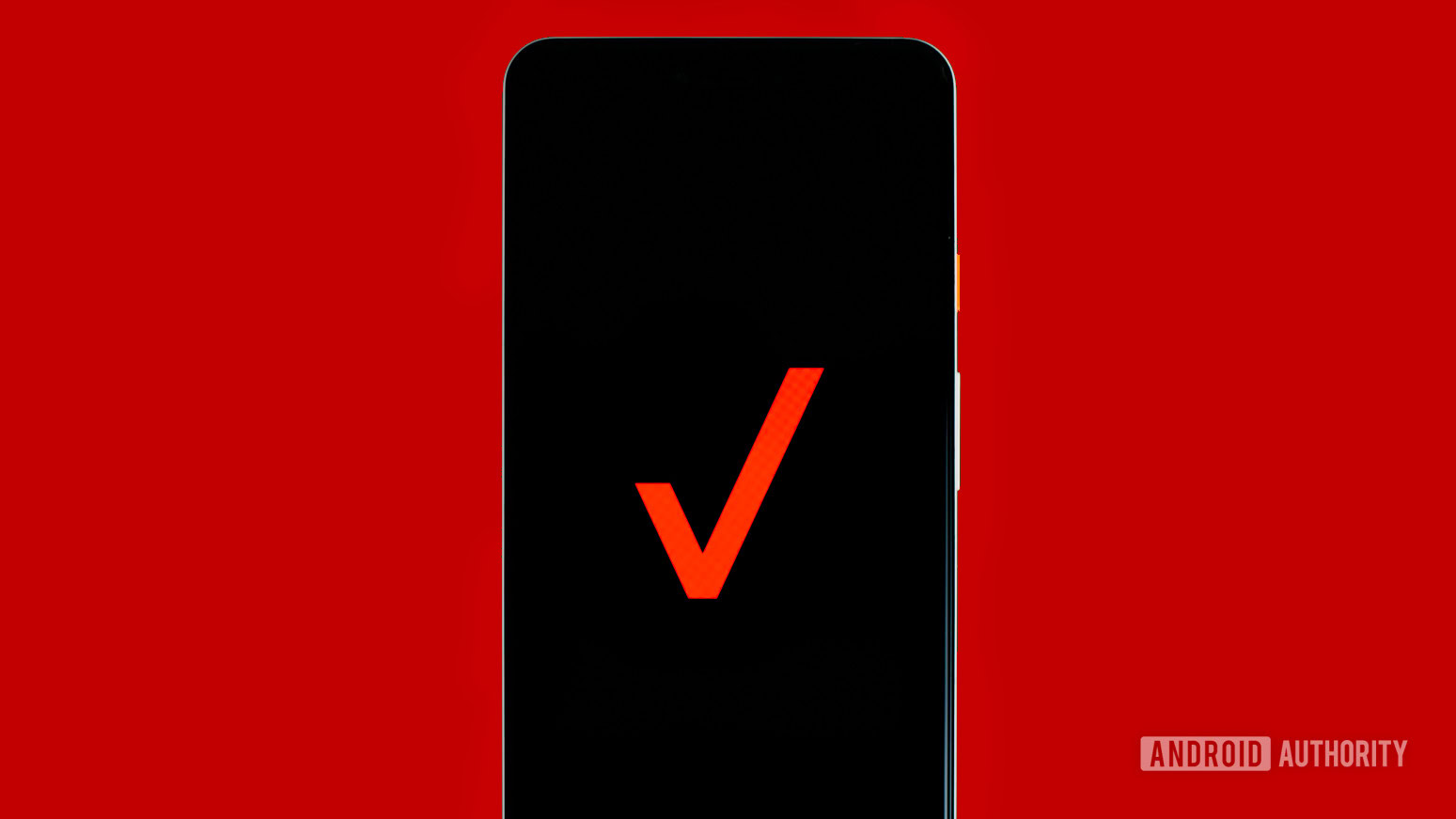
Edgar Cervantes / Android Authority
I’m no business expert, but a few areas seem ripe for change if Verizon wants to cut costs and rebuild consumer trust.
The retail side is the most obvious starting point. This one feels inevitable, though whether it improves or damages Verizon’s reputation depends entirely on execution. Let’s be honest, most of us no longer trust cellular retail. Unrealistic sales quotas have turned stores into predatory environments where reps will say anything to close a deal.
Don’t want to miss the best from Android Authority?


Personally, I think Verizon should cut its losses here and close many of its corporate-owned locations, leaning more on third-party retailers. We’ve already seen the big three do this with their premium brands, such as Cricket, Total, and Metro. Although these third-party retailers can be less reliable than corporate stores, it’s not as if the corporate-owned ones are significantly better, especially considering how much they cost Verizon.
Of course, Verizon could also follow T-Mobile’s footsteps and use AI and automation to further simplify and automate its in-store customer service efforts. That’s not what I would do, but it’s an option.
If it were my call, I’d focus on a leaner retail footprint, while also improving the remaining flagship corporate stores by staffing them with better-trained, better-paid staff. Yes, this would increase short-term costs and heavier foot traffic in the remaining locations, but it could pay off in perception and deliver a much-needed win for Verizon. It would also stand as a good counter to T-Mobile’s in-store changes, which have effectively axed the traditional retail experience in recent times.
Verizon still has the potential to turn things around, but I suspect it will get worse before it gets better.
Streaming perks are another opportunity for adjustment. T-Mobile still leads in this area, as it’s the only major network that still has free streaming perks. Verizon might not offer free included perks, but it previously stood out for providing dozens of optional unique streaming benefits across music, movies, gaming, and more. Over the last year or so, this has changed.
Excluding Verizon’s own in-house perks, only about six third-party options remain in 2025, such as Disney+, HBO Max, and Netflix. Verizon doesn’t need to add more optional perks, though. Instead, it should offer at least one free perk, perhaps for Unlimited Ultimate subscribers. Unlike the competition, you’d be able to pick from its existing roster of optional services. This would be an easy, visible win that sets Verizon apart.
Would these changes make a difference?
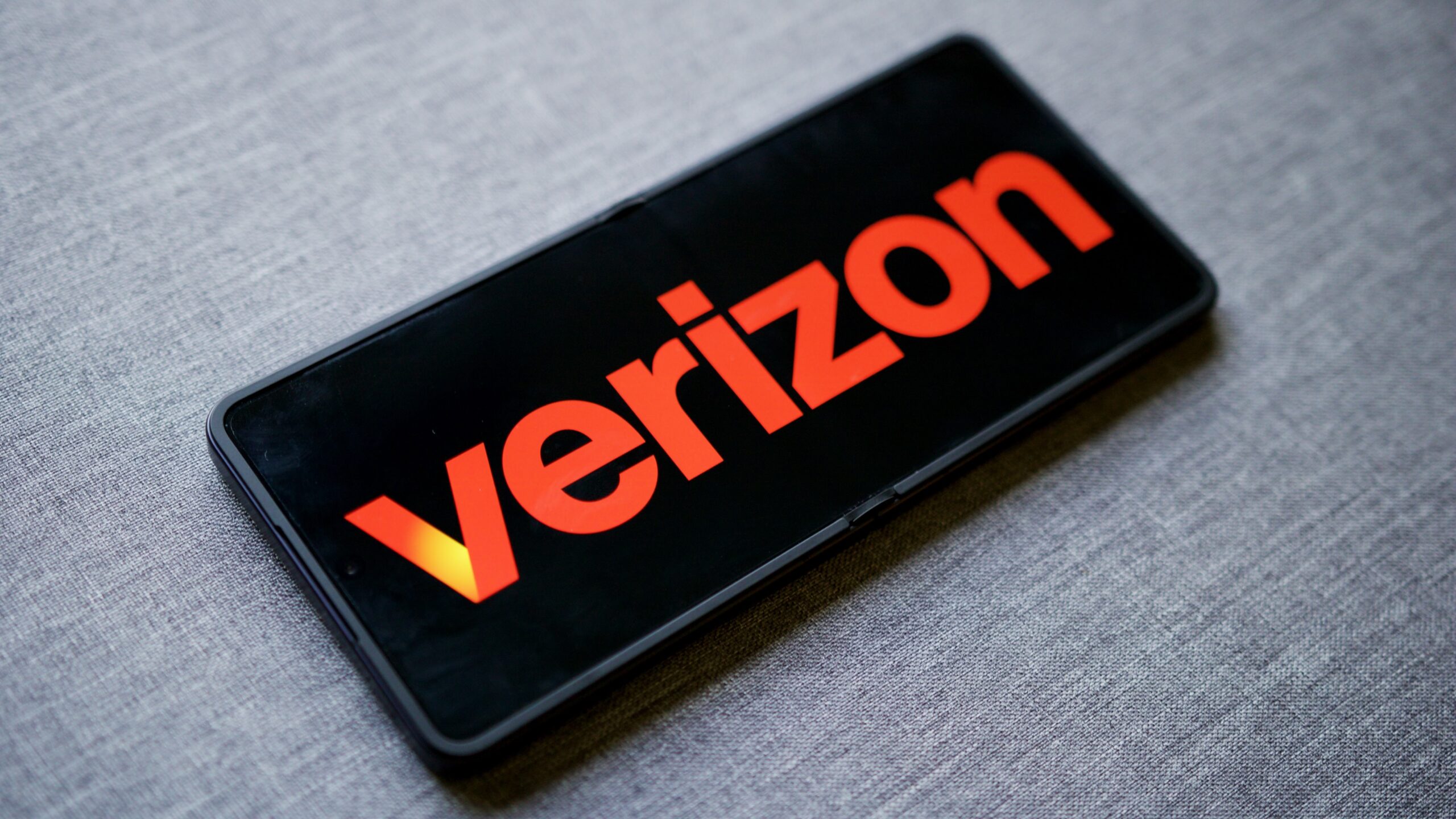
Joe Maring / Android Authority
Whether these ideas would actually work is hard to say. Even if they helped, it probably wouldn’t be enough to move the needle. If I’m honest, I think Verizon’s next step will probably involve deep cuts across stores, call centers, and really all other operations. The challenge will be pulling this off without alienating customers even further.
Fewer support agents mean longer wait times, which is hardly “delightful.” Verizon will likely lean heavily on AI to fill the gap. Based on my early experiences with Verizon AI customer service agents, this approach could easily backfire if it feels impersonal or frustrating.
I’d love to see Verizon return to its old reputation, “a bit more expensive, but actually worth it.” Back then, the higher price tag was justified by noticeably better service, perks, and a wider coverage map. But I’m skeptical it can get there again. The kind of cost-cutting required to reboot Verizon without angering customers is a tightrope act, and the broader economic climate isn’t helping. When people are struggling to cover essentials, paying extra for “premium” service just isn’t a priority.
In the end, things will likely get tougher for Verizon before they get better. What about you? Do you think Big Red can pull off a true comeback, or is the T-Mobile takeover all but inevitable?
Thank you for being part of our community. Read our Comment Policy before posting.

